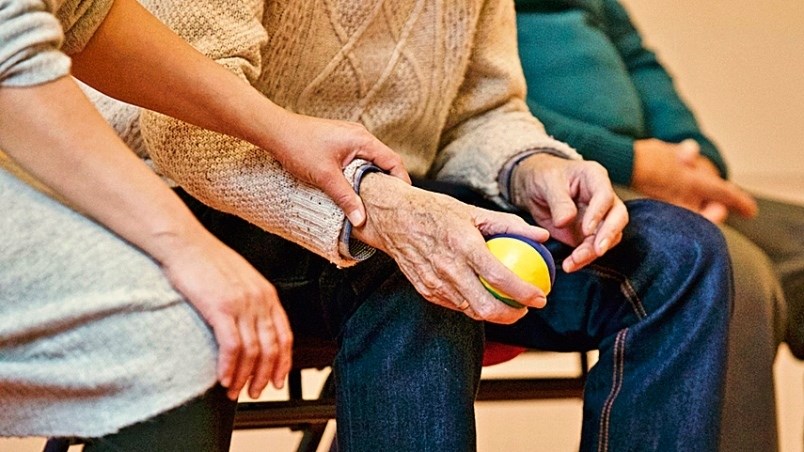It is very troubling and somewhat surprising when we hear about a senior being abused.
But the sad fact is, according to a survey released in 2016 by the National Initiative for the Care of the Elderly, there are an estimated 766,000 Canadian seniors – more than three-quarters of a million – who were abused in 2015.
Elder abuse seems to be on the rise.
In her report last year, Monitoring Seniors Services, B.C.’s Seniors Advocate Isobel Mackenzie stated that the seniors abuse and information line operated by Seniors First BC received 1,763 calls pertaining to abuse in 2016, a 21 per cent increase compared to 2015. One reason for the sharp increase could be due to a rise in financial abuse, which is the second highest form of abuse behind psychological abuse.
Elder abuse is “a single or repeated act, or lack of appropriate action, occurring within any relationship where there is an expectation of trust, which causes harm or distress to an older person,” according to the World Health Organization.
Simply put, elder abuse is violence, mistreatment or neglect towards older adults. Elder abuse can involve emotional, physical, psychological or financial abuse, neglect, violation of rights, and abandonment. Many forms of elder abuse are a crime according to the RCMP, and are subject to prosecution under the criminal code and provincial legislation.
We know that Canada’s senior population is increasing, and researchers believe that rates of elder abuse are likely to go up as well.
The factors that play a role in elder abuse include gender, race, level of stress, living arrangements, level of dependence on others, and various psychological factors. In terms of a gender breakdown, recent Statistics Canada data on family violence against seniors shows that 60 per cent were women.
Financial abuse, as mentioned, is the second highest form of abuse. The most common forms of financial abuse in B.C. reported to the seniors abuse and information line were related “to people exploiting seniors for shelter or money; pressuring them to lend, give gifts or change their will; misuse of power of attorney; and real estate.”
But more problematic is that seniors don’t report the abuse for a number of reasons, including the fact that they don’t know where to report it. A startling statistic from a VanCity report from last year titled Suffering in Silence: The Financial Abuse of Seniors in British Columbia shows that more than one-third of seniors in Metro Vancouver and Vancouver Island’s Capital Regional District don’t tell anyone when they’ve suffered financial abuse. The survey was conducted with 400 seniors aged 65 and over across Metro Vancouver and the area around Victoria.
The report goes on to say “multiple studies have indicated that seniors are often afraid to report abuse, particularly if they are living with their abuser and/or dependent on them for help with financial or other day-to-day matters. Lower levels of reporting are also understandable when the abuse occurs within families.”
Many seniors don’t know where or who to report the abuse to. Groups in B.C. who are working on the issue of elder abuse include Seniors First BC and BC Community Response Networks. As mentioned, Seniors First BC operates the seniors abuse and information line, which is a toll-free telephone line that’s staffed seven days a week (excluding holidays), from 8 a.m. to 8 p.m. The line can be reached by calling 604-437-1940 or toll free at 1-866-437-1940.
On the North Shore if you know of an abuse issue or you are experiencing abuse try the ReAct Adult Protection program at 1-877-732-2899. This program receives reports, provides consultation and co-ordinates responses to adults who are abused, neglected or self-neglected. You could also try the North Shore Community Response Network which provides education and prevention of the abuse and neglect of vulnerable adults.
On June 15 people all over the world are recognizing World Elder Abuse Awareness Day to highlight this important issue.
Margaret Coates is the co-ordinator of Lionsview Seniors’ Planning Society. She has lived on the North Shore for 48 years and has worked for and with seniors for 20 of those years. Ideas for future columns are welcome. Email: [email protected].



